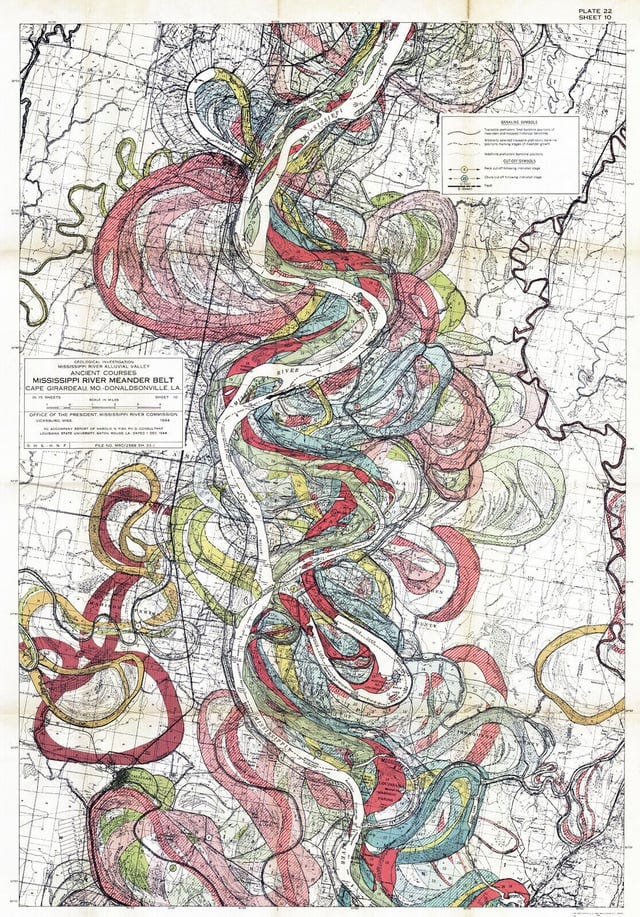Love Fools - MMD#368
Good day my good friend.
Randy Quaid in Independence Day put it far better than I ever could:
I hope that you are well? And that you have enjoyed not only the specials, but Jessica Jones-Langley’s excellent post on her ‘surprise report’ for the transport sector. If you are a free subscriber, that will drop in your inbox on Friday (as always, paid subscribers get it first, so if you want that from now on you should upgrade if you haven’t already).
If you have any suggestions for interesting news items or bits of research to include in this newsletter, you can email me.
James
Want to walk into people less? Fall in love
Wait, what? Yep, believe it or not, that is what a study of 800 hours of footage of pedestrians in Japan has shown. Couples walking together in pedestrian areas are much less likely than friends walking together to walk into other people - unless they have a kid, and anyone who has kids will know that all bets are off when that happens. So, what on Earth is going on, and how does this affect how we design streets?
How we walk together reflects our social status and relationships. To give an example, couples often walk close together and next to each other with some degree of physical contact. Meanwhile work colleagues are more dispersed and can be in lines. This affects the capacity of pedestrian areas, and so providing more capacity in pedestrian areas limits the impacts that couples and social groups have on overall capacity. Plus, it gives them space to improve their social bonds by laughing, talking, and being with one another. So, we should be doing that.

Strategy without tactics is the slowest route to victory
Some Sun Tzu for you there. Anyway, a couple of reports came out last week that were not good for sustainable travel. The always-excellent National Audit Office reported that the Department for Transport has no idea whether it is getting value for money on active travel and if it is on track to deliver against its target. While the equally-excellent Greg Marsden presented evidence that the Department for Transport has basically given up on tackling climate change. It just shows that when it comes to strategy, the proof is in the delivery. And the proof is currently a gaping hole.
I’m not shocked. Not because another strategy has been rolled back on. That was always going to happen. But because after decades, our evidence gaps on many aspects of transport are really, really big. So often we have NO IDEA whether what we do has any impact through lack of evidence, or poor quality evidence based on faulty assumptions. It is so, so, so frustrating to see the same mistakes being made, while the planet proceeds to burn.
Random things
These links are meant to make you think about the things that affect our world in transport, and not just think about transport itself. I hope that you enjoy them.
Thousands of subreddits pledge to go dark after the Reddit CEO’s recent remarks (The Verge)
Who is keeping coal alive? (The Economist)
Nuclear-Powered Cargo Ships Are Trying to Stage a Comeback (Wired)
Tanzania has moved its capital from Dar es Salaam after a 50-year wait – but is Dodoma ready? (City Monitor)
From Micro to Macro Development (Journal of Economic Literature)
Something interesting

Harold Fisk realised in 1944 that the Mississippi River was not a constant channel, but a moving, shifting, living organism. And this map shows his work on old river channels. We need to remember this kind of thing.
If you do nothing else today, then do this
Sign up to Mobility Camp. Oh yes, we are back in September, in Birmingham. And you should get your tickets right now. Watch this space on Wednesday for more!



